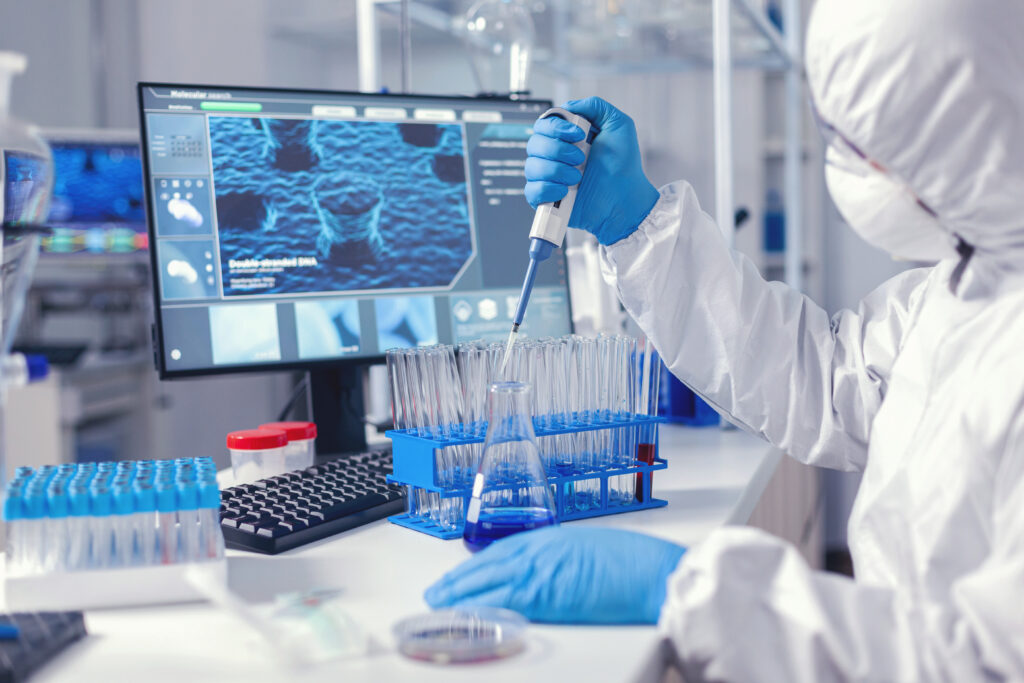Introduction to GMP
Good Manufacturing Practice (GMP) is a critical component of the pharmaceutical industry, ensuring the quality, safety, and efficacy of medicinal products. In the UK, GMP compliance is mandatory for manufacturers and is regulated by the Medicines and Healthcare products Regulatory Agency (MHRA). This article delves into the fundamentals, requirements, and implications of GMP in the UK pharmaceutical landscape.
What is GMP?
GMP refers to the standards and guidelines that govern the manufacturing processes of pharmaceuticals. It encompasses every aspect of production, from raw materials to finished products, ensuring consistent quality and safety.
Key Principles of GMP:
Product Quality:
The Importance of Product Quality in Pharmaceuticals
Product quality is critical in pharmaceuticals because medicines directly impact patient health and well-being. Unlike other industries, errors or inconsistencies in pharmaceutical production can lead to serious consequences, including adverse health outcomes or fatalities.
Why Product Quality Matters:
- Patient Safety: Ensures medicines are free from contaminants and meet therapeutic standards.
- Regulatory Compliance: Avoids legal penalties and preserves the manufacturer’s license.
- Market Trust: Builds confidence among healthcare providers and patients.
- Global Standards: Facilitates export and market access in international markets.
Key Components of Product Quality under GMP
To achieve product quality, GMP guidelines in the UK focus on several essential aspects:
1. Raw Material Control
The quality of the finished product depends on the quality of raw materials used.
- Vendor Qualification: Suppliers must be assessed for their ability to provide high-quality materials consistently.
- Incoming Material Testing: Each batch of raw materials must undergo rigorous testing to ensure compliance with specified standards.
2. Manufacturing Processes
The production process must ensure consistency and quality in every batch.
- Process Validation: Ensures that manufacturing methods consistently produce products meeting quality specifications.
- Standard Operating Procedures (SOPs): Clearly defined procedures for every stage of production to eliminate variability.
3. Facility and Equipment Maintenance
- Cleanroom Standards: Manufacturing facilities must meet stringent hygiene requirements to prevent contamination.
- Calibration: Regular maintenance and calibration of equipment ensure accuracy and reliability.
4. Quality Control and Assurance
- Batch Testing: Finished products must be tested for potency, purity, and stability.
- Release by Qualified Person (QP): A QP reviews and authorizes the release of each batch based on quality criteria.
Regulatory Framework for Product Quality in the UK
The MHRA oversees GMP compliance in the UK, requiring manufacturers to adhere to specific quality standards. Key regulatory documents include:
1. The Human Medicines Regulations 2012
This legislation outlines the requirements for the manufacturing, distribution, and marketing of medicinal products in the UK.
2. EU GMP Guidelines
Although the UK has exited the European Union, it continues to align with EU GMP standards, ensuring international compatibility.
Challenges in Ensuring Product Quality
Despite stringent guidelines, maintaining product quality poses challenges for pharmaceutical manufacturers:
- Complex Supply Chains: Sourcing raw materials globally can lead to variability in quality.
- Evolving Standards: Keeping up with regulatory changes requires constant vigilance.
- High Costs: Quality assurance measures involve significant investment in testing, infrastructure, and training.
Innovations Enhancing Product Quality
Technological advancements are aiding manufacturers in improving product quality:
- Automation and Robotics: Reduce human error in production processes.
- Real-Time Analytics: Enable immediate detection and correction of deviations.
- Blockchain Technology: Enhances transparency and traceability across the supply chain.
Case Study: UK GMP and Product Quality Success
One notable example of successful product quality management under GMP in the UK is AstraZeneca’s COVID-19 vaccine production. The company implemented rigorous quality controls and MHRA-guided compliance measures, ensuring the vaccine met global safety and efficacy standards. This demonstrated the importance of product quality in delivering life-saving medicines to the public.
- Risk Management: Manufacturers must identify and mitigate risks associated with production.
- Documentation: Detailed records ensure traceability and accountability.
- Continuous Improvement: Regular reviews and updates optimize processes and standards.
Regulatory Framework in the UK
The UK enforces GMP through a robust regulatory framework aligned with international standards, such as those set by the World Health Organization (WHO) and the European Medicines Agency (EMA).
Role of the MHRA:
The MHRA inspects pharmaceutical manufacturers in the UK to ensure GMP compliance. It grants certifications, such as the Good Manufacturing Practice Certificate, to facilities that meet GMP standards. Non-compliance can result in penalties, suspension, or revocation of licenses.
Components of GMP in Pharmaceutical Manufacturing
To comply with GMP, manufacturers must focus on several critical areas:
1. Facilities and Equipment
- Hygienic Design: Facilities must be designed to prevent contamination.
- Maintenance: Regular calibration and maintenance of equipment ensure optimal performance.
2. Personnel
- Training: Staff must be well-trained in GMP principles and procedures.
- Hygiene: Personnel must adhere to strict hygiene practices to prevent contamination.
3. Quality Control
- Raw Material Testing: Every batch of raw material must be tested for compliance with quality standards.
- Batch Records: Comprehensive records of each production batch ensure traceability.
4. Validation
- Process Validation: Ensures manufacturing processes produce consistent results.
- Cleaning Validation: Confirms that equipment cleaning procedures remove residues effectively.
Importance of GMP Compliance
GMP compliance is essential not only for legal adherence but also for the credibility and reputation of pharmaceutical companies.
Benefits:
- Ensures Patient Safety: Protects end-users from harmful or substandard medicines.
- Facilitates Market Access: GMP-certified products meet global quality standards, enabling export opportunities.
- Reduces Costs: Prevents recalls and legal issues stemming from poor-quality production.
Challenges in GMP Implementation
While GMP offers immense benefits, its implementation can pose challenges, including:
- High Costs: Investing in infrastructure and training can be expensive.
- Regulatory Changes: Adapting to evolving guidelines requires continuous monitoring.
- Global Alignment: Aligning UK GMP standards with international regulations, such as post-Brexit adjustments, can be complex.
The Future of GMP in the UK
With advancements in technology, GMP practices are evolving to incorporate automation, artificial intelligence, and blockchain for better traceability and efficiency. The MHRA continues to play a pivotal role in shaping GMP guidelines to meet these advancements while safeguarding public health.
Conclusion
Good Manufacturing Practice is a cornerstone of the pharmaceutical industry in the UK. By adhering to GMP guidelines, manufacturers not only ensure product quality and safety but also bolster their reputation and market competitiveness. As regulations and technologies evolve, staying informed and compliant will remain essential for success in this dynamic field.


